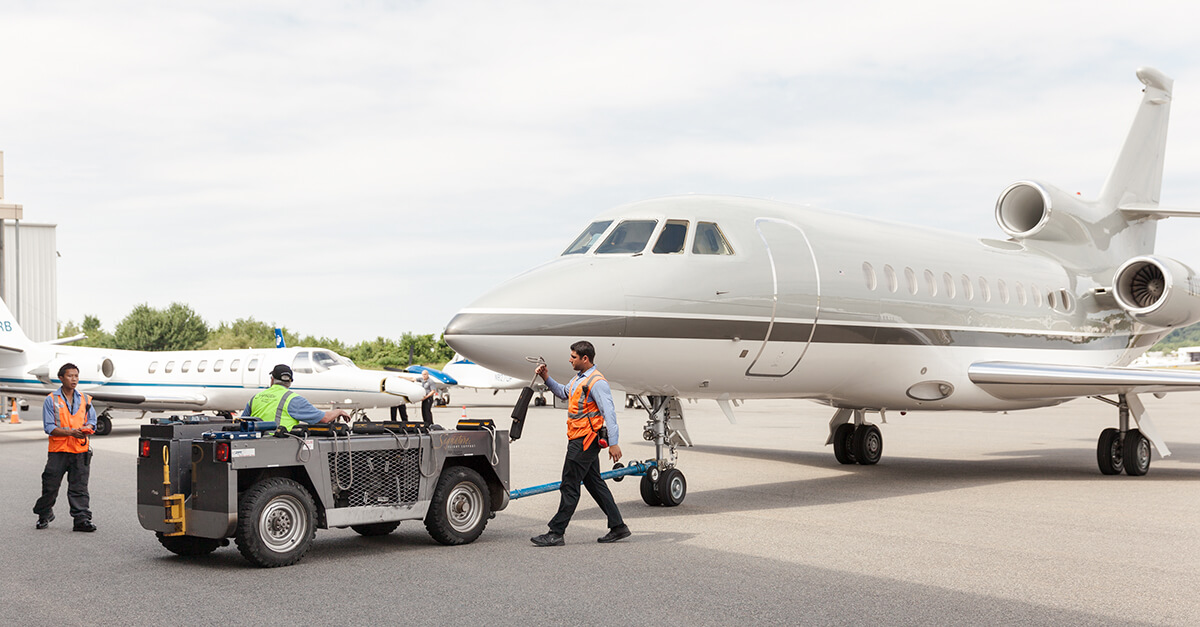
June 9, 2020
The International Business Aviation Council (IBAC) recently published new guidance for FBOs to continue operating safely in the COVID-19 environment. “Toward COVID-19 Secure” compiles health guidance from international officials into a single quick reference tool for ground handlers.
Review “Toward COVID-19 Secure” (PDF)
“Once we saw that business aircraft were starting to fly again, we wanted to ensure FBOs and ground handlers were ready,” said Terry Yeomans, director for the IS-BAH program. “While there was a lot of guidance out there for dealing with COVID-19, we found it wasn’t readily available in a single-source document for aviation personnel.”
The document emphasizes the need for individual FBOs to accurately assess their own risk environments and then share those results with employees in working to develop mitigation strategies. Guidance for proper hygiene, sanitization and social distancing measures is also included, as well as guidelines for coping with employee absences while also ensuring the well-being of remaining workers.
“As this pandemic is affecting countries in different ways, we also wanted to provide FBOs with guidance to address handling aircraft arriving from areas with different procedures and guidance,” Yeomans added.
The document complies information from global authorities including the World Health Organization (WHO), the International Civil Aviation Organization (ICAO) and the U.S. Centers for Disease Control and Prevention (CDC) and U.S. Occupational Safety and Health Administration (OSHA).
Yeomans also noted the document marks the most significant implementation to-date of IS-BAH guidance on business aviation travel during global health emergencies and dealing with risk from infection from outside sources, as outlined in Chapter 9, Section 5 – which he termed one of IS-BAH’s most “frequently questioned and even misunderstood” areas.
“Above all, we can’t expect the current FBO environment to be as it was four-five months ago,” he continued. “Employees may be required to treat you differently because they’ve had to adapt to an exceedingly difficult situation that unfortunately de-personalizes their interaction with customers.
“However, the more diligently we adhere to proper protective measures now, the sooner we may be able to return to a mask-less normal in the future.”


 International Business Aviation Council Ltd.
International Business Aviation Council Ltd.